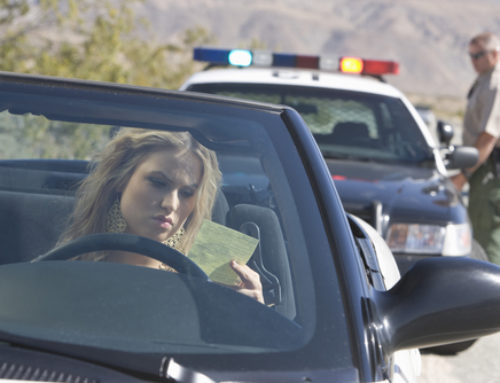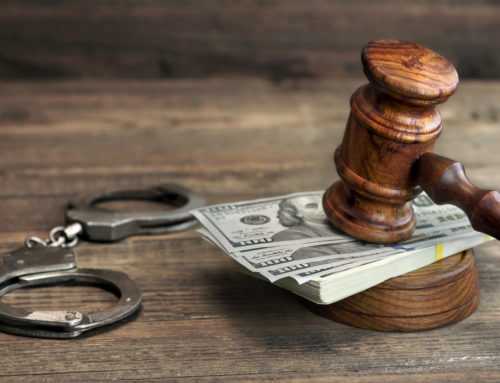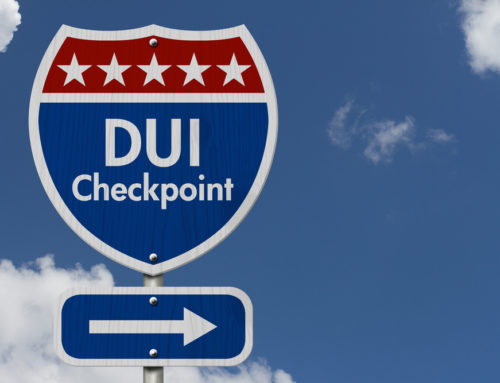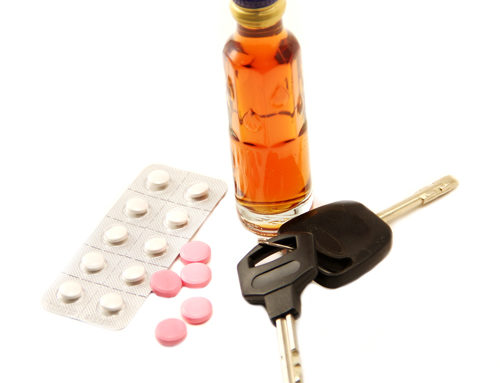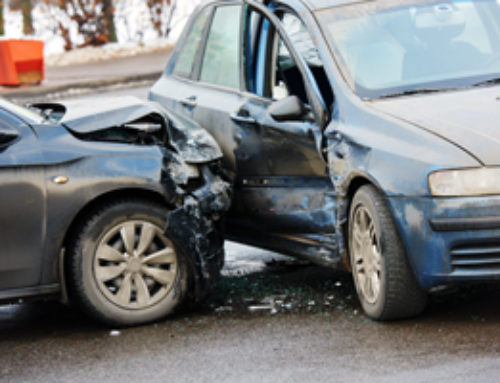 Challenging breathalyzer results in a CA DUI can make a big difference in whether you are convicted for driving under the influence. There are several issues a person arrested for DUI must address in defending against these allegations both in criminal court and with the California Department of Motor Vehicles. Perhaps the most well known issue that must be resolved by a jury in order to be convicted of most DUI charges is to determine whether the driver was driving with a blood alcohol level of .08 or higher. Such issue often comes down to many facts one of which is the breath test machine used to determine the level of blood alcohol. As discussed below, challenging the validity of the tests can come down to issues regarding the intoxilyze.
Challenging breathalyzer results in a CA DUI can make a big difference in whether you are convicted for driving under the influence. There are several issues a person arrested for DUI must address in defending against these allegations both in criminal court and with the California Department of Motor Vehicles. Perhaps the most well known issue that must be resolved by a jury in order to be convicted of most DUI charges is to determine whether the driver was driving with a blood alcohol level of .08 or higher. Such issue often comes down to many facts one of which is the breath test machine used to determine the level of blood alcohol. As discussed below, challenging the validity of the tests can come down to issues regarding the intoxilyze.
Challenging Validity of Breath Test Results — California Law Enforcement and the Cal. Code of Regulations
When pulled over for a DUI, often times the arresting officer or his partner will be the person who administers the breath test at a police station using the intoxilyzer machine to determine blood alcohol content. A knowledgeable criminal defense lawyer will often times successfully challenge breath results by showing that the arresting officer did not follow the requirements set forth in the California Code of Regulations. Specifically, 17 Cal. C. Regs. §1219.3 lays out the requirements for collection of a breath sample for purposes of a DUI prosecution. Section 1219.3 provides: “A breath sample shall be expired breath which is essentially alveolar in composition. The quantity of the breath sample shall be established by direct volumetric measurement. The breath sample shall be collected only after the subject has been under continuous observation for at least fifteen minutes prior to collection of the breath sample, during which time the subject must not have ingested alcoholic beverages or other fluids, regurgitated, vomited, eaten, or smoked.” Criminal defense attorneys and prosecutors have fought over what constitutes a fifteen minute observation prior to administering the test. Often times the defense attorney will call an expert to help defend a case who will testify that a defendant must be observed continuously for fifteen minutes pursuant to §1219.3 since it is necessary to prevent mouth and stomach alcohol from interfering with the results. Police officers will often testify that they time they driving a DUI defendant to the police station counts in the 15 minute observation requirement. Such argument is often successfully challenged and a jury will not agree that such observation was continuous as an officer driving is usually paying attention to where he is going as required by the California Vehicle Code. Often times police officers will testify that they do not know why they are supposed to observe a defendant for fifteen minutes prior to administering a breath test which testimony can be used by an experienced criminal defense lawyer to show that because a police officer didn’t know why he was supposed to observe a defendant for 15 minutes that it was easy to understand that the officer did not know how to do a continuous 15 minute observation. With a successful challenge pursuant to section 1219.3 of Title 17 of the California Code of Regulations, often times a defendant may be able to get a criminal case dismissed or a DMV suspension set aside.
Maintenance of the Intoxilyzer and Administration of the Test by a Trained Officer
A police officer in California, whether you were arrested in Los Angeles, Orange, Ventura, Riverside or any other county, who testifies that he or she has been trained in giving a breath test must have been certified and trained in the “Theory of operation” in accordance with Title 17, Cal. C. of Regs., §1221.4(a)(3). Often times police officers will testify that they don’t know how an intoxilyzer works to defend against any claims of an unreliable breath test. Such testimony will more likely than not be challenged by a defense attorney to show that such lack of knowledge means that the officer was not properly trained in the “theory of operation” which disqualifies him or her from administering a valid breath test.
A DUI attorney will very often rely on California Code of Regulations 17 §1221.4(a)(5) to challenge the validity of a breath test. Section 1221.4(a)(5) provides that intoxilyzer breath machines or similar instruments must be checked for accuracy. The accuracy test must use a standard between 0.10g% and 0.30g% which is a scientific measure that can be determined and evaluated by an expert toxicologists which a defense attorney will often hire to successfully defend a DUI charge. The accuracy check must be performed by an operator qualified under California Title 17§1221.4(a)(2)(A)(1). In addition, the test for accuracy of the breathalyzer machine must be performed within every 10 days or before the testing of 150 persons, whichever occurs first. The crime laboratory must maintain the maintenance record and the identity of the person performing the accuracy test must be recorded. Such technical issues are only a small part of challenging the validity of a breath test, the machine used to perform the test and the operator who actually performed that test which makes up the basis for a DUI charge. Clearly, despite what many persons believe, a driving under the influence defense can be complicated and it is always advisable to retain and/or consult with a DUI criminal lawyer as soon as possible after an arrest for DUI.
Additional Resources:
DUI Defense – Los Angeles Criminal Defense Attorney

